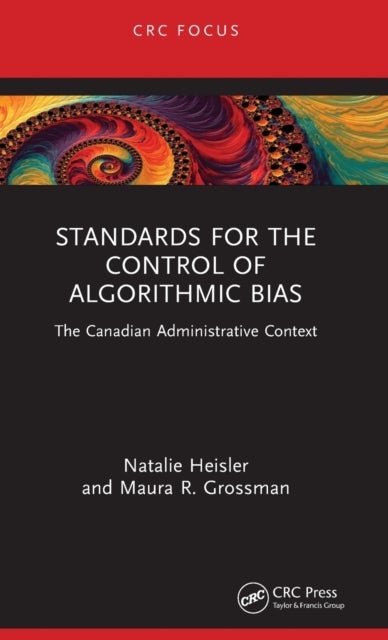
Standards for the Control of Algorithmic Bias av Natalie Heisler, Maura R. Grossman
649,-
<P>Governments around the world use machine learning in automated decision-making systems for a broad range of functions, however algorithmic bias in machine learning can result in automated decisions that produce disparate impact and may compromise Charter guarantees of substantive equality. This book seeks to answer the question: what standards should be applied to machine learning to mitigate disparate impact in automated decision-making? The regulatory landscape for automated decision-making, in Canada and across the world, is far from settled. Legislative and policy models are emerging, and the role of standards is evolving to support regulatory objectives. While acknowledging the contributions of leading standards development organizations, the authors argue that the rationale for standards must come from the law, and that implementing such standards would help not only to reduce future complaints, but more importantly would proactively enable human rights protections for those s








